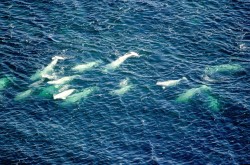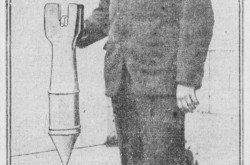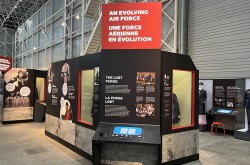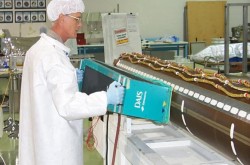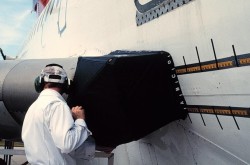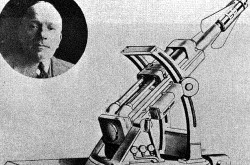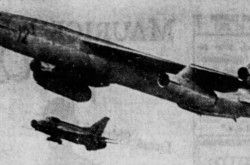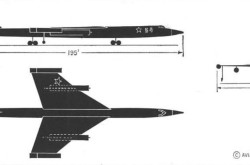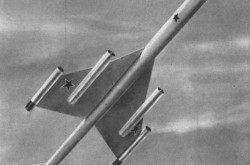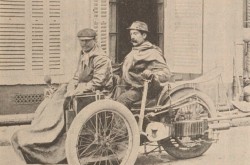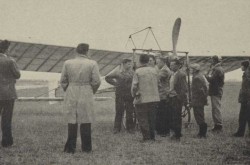Elizabeth Muriel “Elsie” Gregory MacGill: Pioneer, Innovator and Inspiration
This article was originally written and submitted as part of a Canada 150 Project, the Innovation Storybook, to crowdsource stories of Canadian innovation with partners across Canada. The content has since been migrated to Ingenium’s Channel, a digital hub featuring curated content related to science, technology and innovation.
In 1927, Elsie MacGill graduated from the University of Toronto, becoming the first woman in Canada to receive a degree in electrical engineering, and later became the world’s first female aircraft designer. In 1929, MacGill earned her master’s degree in aeronautical engineering from the University of Michigan, and was shortly thereafter afflicted with acute infantile myelitis, a form of polio. Determined to walk again, MacGill supported herself during her recovery by writing articles on aviation, and studied at the Massachusetts Institute of Technology.
Her Canadian career began in 1934 at Fairchild Aircraft Ltd. in Longueuil, Québec as an aeronautical engineer. There, she helped design the first Canadian all-metal aircraft, the Fairchild Super 71. In 1938, MacGill accepted the position of chief aeronautical engineer at Canadian Car and Foundry where she helped design Canada’s first all-metal fighter plane, the FBD-1. In addition, she designed, tested and supervised the construction of the Maple Leaf II trainer plane, and it wasn’t long before she was overseeing Canadian production for the Hawker Hurricane, and eventually the Curtiss-Wright Helldiver. During the Second World War, the Hurricane was used by both the Royal Air Force and the Royal Canadian Air Force, and played a key role in the Battle of Britain. Although it never made it into production, MacGill also designed a Hurricane equipped with 2 skis for take-offs and landings on snow-covered runways, a very Canadian challenge!
In 1943, MacGill opened a consulting firm in Toronto and became the Canadian Technical Advisor to the United Nations Civil Aviation Organization. She was later the commissioner for the Ontario Building Materials Evaluation Commission. Throughout her lifetime MacGill received many Canadian and international honours, including the Gzowski Medal by the Engineering Institute of Canada (1941), the Centennial Medal by the Government of Canada (1967), the Order of Canada (1971), and the Gold Medal by the Association of Professional Engineers of Ontario (1979). She was inducted into Canada’s Aviation Hall of Fame in the 1983 and the Canadian Science and Engineering Hall of Fame in 1992.



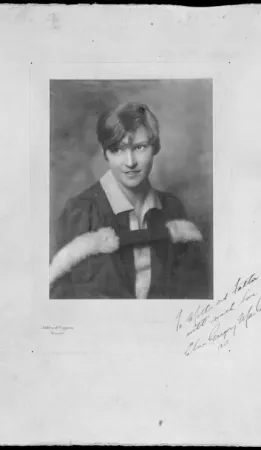




![A block of photographs showing some of the people involved in the bombing of beluga whales in the estuary and gulf of the St. Lawrence River. Anon., “La chasse aux marsouins [sic]. » Le Devoir, 15 August 1929, 6.](/sites/default/files/styles/thumbnail_7/public/2024-09/Le%20Devoir%2015%20aout%201929%20page%206.jpg?h=584f1d27&itok=TppdLItg)
